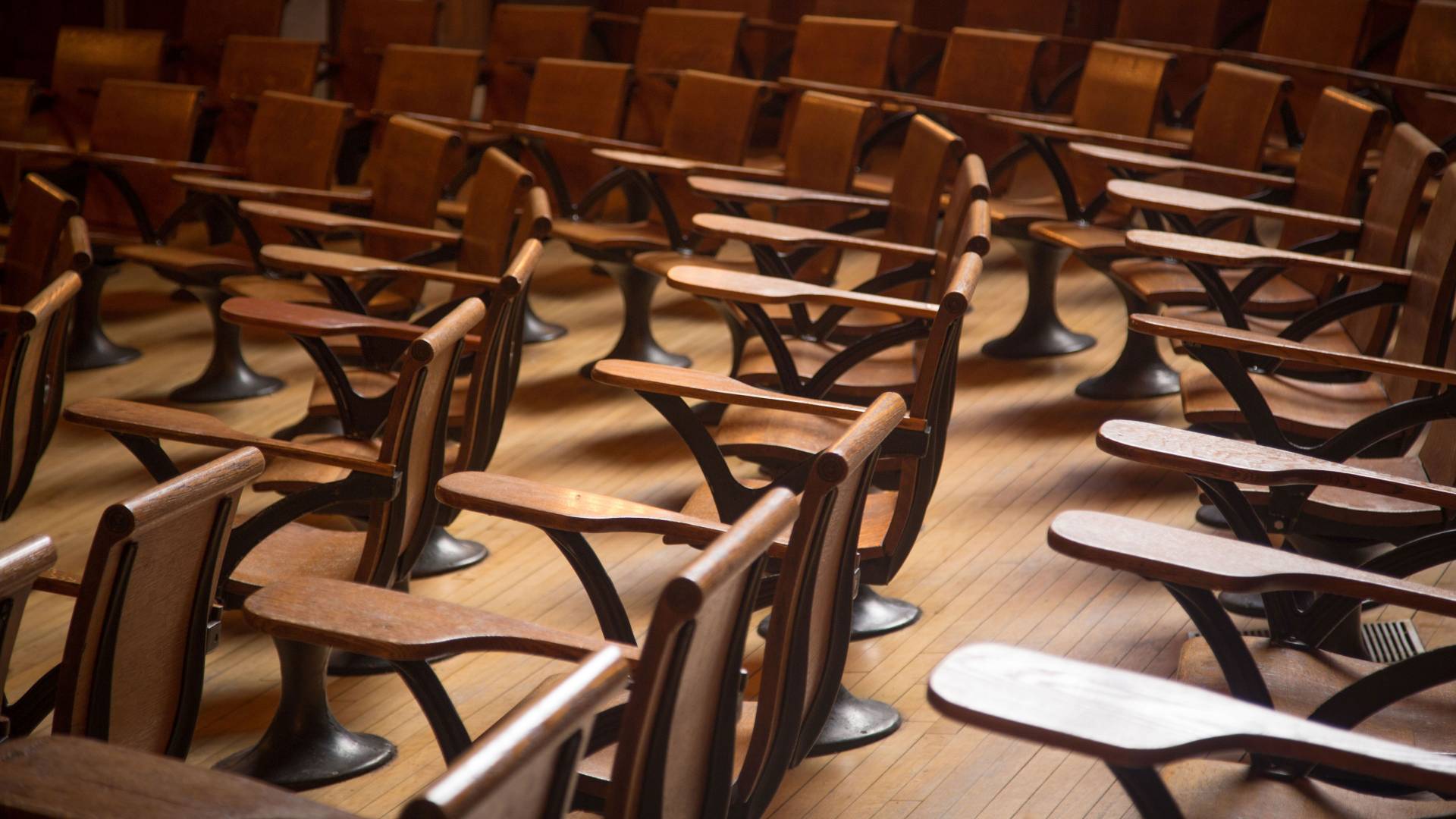A faculty-student committee has recommended changes to strengthen Princeton’s Honor System, refine penalty options, and better educate faculty and students about academic integrity procedures.
In a Feb. 13 email to undergraduates and faculty, Dean of the College Jill Dolan, Vice President for Campus Life W. Rochelle Calhoun and Dean of the Faculty Sanjeev Kulkarni outlined recommendations made by the Academic Integrity Report Reconciliation Committee. They include:
- More collaboration to train members of the Honor Committee and the Faculty-Student Committee on Discipline to better align each committee’s procedures and penalty systems.
- Changes to the penalty structure of both committees, including a “reprimand” option for minor first offenses and a one-semester penalty for certain infractions.
- Refinements to the Honor Committee’s investigative processes and procedures.
- Creating a “Guiding Principles” document that explains how the Honor System is a pact between undergraduates and faculty, and clarifies implications and procedures for modifying the system.
- Extensive student and faculty education about academic integrity, and research efforts into the outcomes of disciplinary measures.
Princeton’s Honor Code was established in 1893 as an agreement between faculty and undergraduates to uphold a high standard of academic integrity. Students take all in-class exams and quizzes without a faculty proctor, assuming full responsibility for honesty. Reported violations of the Honor Code are reviewed by the student-led Honor Committee.
The Faculty-Student Committee on Discipline reviews all other academic violations, such as plagiarism on problem sets, papers or take-home exams completed outside of class.
The practices of the Honor Committee and the Committee on Discipline were each evaluated in recent years. The Academic Integrity Report Reconciliation Committee, chaired by Professor of East Asian Studies Anna Shields, was created last fall to review recommendations that emerged from the two reviews.
The next step is for changes endorsed by the reconciliation committee to be adopted by the Honor Committee and implemented by the various offices that oversee undergraduate academic policies.
“We hope to complete the implementation work this semester, so that the new range of penalties, new forms of student and faculty education, and a streamlined, more transparent set of processes can begin in fall 2019,” Dolan, Calhoun and Kulkarni wrote in their memo.
In issuing its report, the reconciliation committee expressed support for key aspects of the Honor Code: that in-class exams remain unproctored and that students continue to lead the Honor Committee.
However, the reconciliation group recommended increasing elected student membership on the Honor Committee from four to six and adding more staff support resources for the student committee.
In addition, the reconciliation committee suggested various efforts — including more online trainings and refresher programs — to better educate students and faculty about the academic integrity system and how reported violations are handled.






